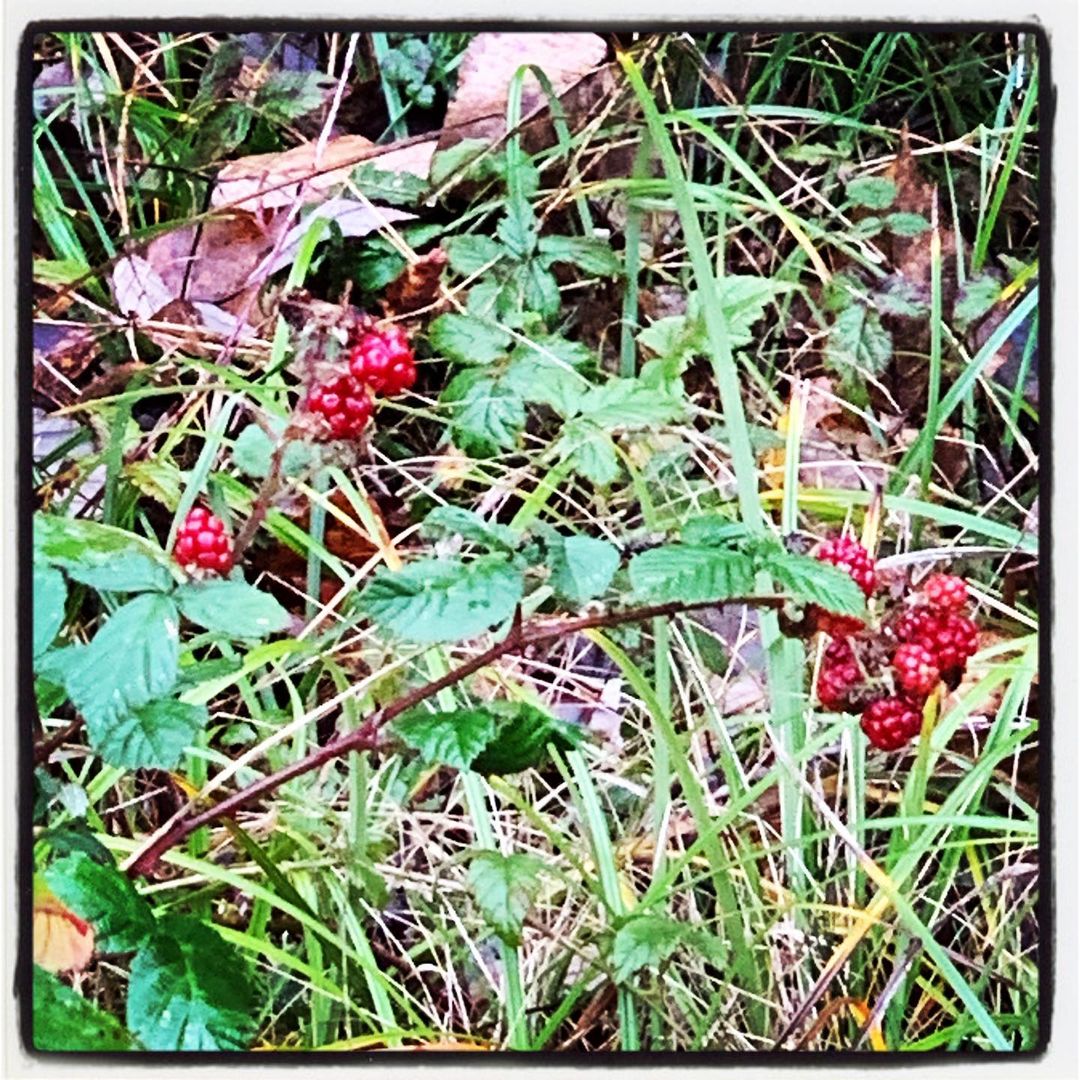Notes
-
🔖 Thou Make Us a Hardcore Mixtape | self-titled –
Bryan Funck had a better idea: How about a mixtape of crucial hardcore music instead, complete with liner notes and a two-side ‘tape’ entitled If You Don’t Like This Music, We Can’t Be Friends? We got our start in Buffalo’s sXe scene during the ’90s, so the answer was simple: Well, yeah.
-
🔖 We’re All Preppers Now | Live Like the World is Dying –
I used to feel the relationship between individual and community preparedness as a tension: I was one of the only people I knew who focused on prepping before Covid, and I wondered what the point of it was. I don’t believe in individualist survival, so what good is it if I, and only I, have a gas mask or a few months of dried food lying around? Then, come Covid, I learned what the point is. The point of being prepared, as an individual, is that you’re better situated to help your community.
-
In a weird state for creative projects given an impending move (I’ve packed up nearly all of my physical music gear, for instance), but it’s given me the opportunity to start messing around with VCV Rack. Treating this as an exercise in constraint rather than frustration.
-
eking out the last bits of performance by adding pagination to notes and posts list pages
-
created a now page: https://matienzo.org/now
-
🔖 This Is Peru. We Can't Breathe. –
The regime simply cannot bring itself to understand why or how this is happening — as representatives of old-school ways of doing politics, they keep looking for responsibility across political parties and groups, and they keep chasing shadows and denouncing some non-existent left-wing conspiracy of some sort. But the protests are already completely somewhere else: they’re self-organizing through social networks like Twitter, Instagram, and increasingly TikTok. Groups are quickly coming together and sharing information and resources without any sort of central coordination. Merino, Flores-Aráoz and their cabinet have no idea what’s going on, and they’re befuddled by how much energy is brewing up so quickly.

